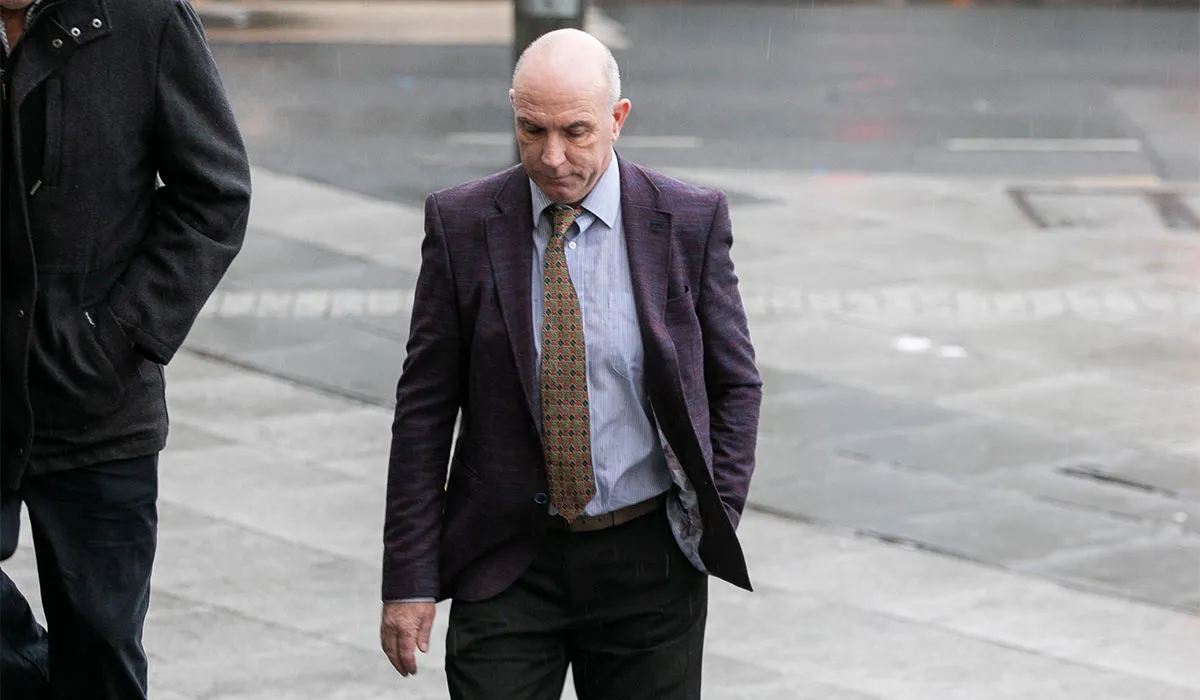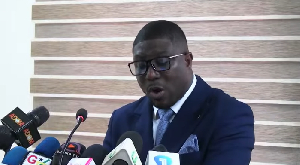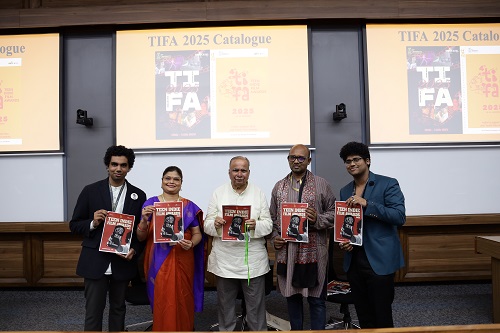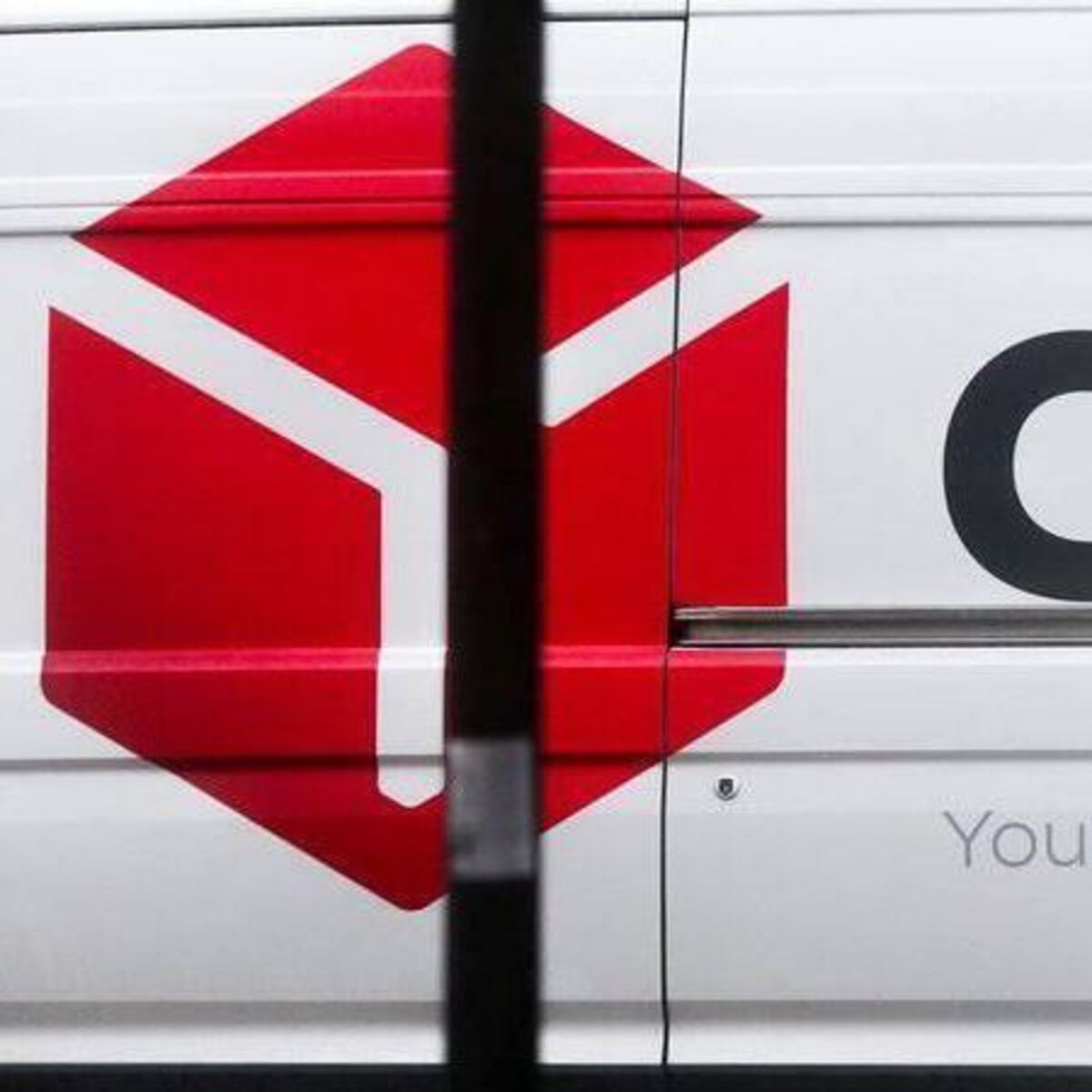Copyright evoke

The name and the mobile phone number stare back at me from my smartphone. Almost mocking, it feels now. The only convicted criminal in my contacts list. A part of me wonders whether to hit the call button and see where DJ Carey's old mobile number connects to. Who, if anyone, picks up? If there is still that familiar voice asking you to leave a message. Or whether, in the two years since February 2023, when gardaí arrested a player regarded as one of the greatest in the history of Kilkenny hurling, if not the game itself, Carey had long since burned that number, just like he had burned the long list of victims he defrauded with a shameful fake cancer scam that has garnered international headlines. There has never been a story to match the fall from grace of a modern icon of Kilkenny hurling - a nine-time All-Star who was worshipped for his talent. From the moment I started my own career working full-time in journalism, starting with The Title sports newspaper in late summer of 1996, he was the game's hottest talent. The Man. Carey was a hugely popular poster boy for hurling, for his county Kilkenny, who led the All-Ireland roll of honour, for his club Young Irelands and his home town of Gowran. Add in St Kieran's College, which tends to come with the phrase 'esteemed hurling nursery' attached, and which introduced Carey properly to a national audience through a sequence of All-Ireland colleges finals. My own father hailed from Thomastown, or from Mong to be exact. Sat beside Eddie Keher in Kieran's and won a colleges All-Ireland alongside him at St Kieran's, playing midfield in 1959. Covering Gaelic games then and moving in DJ Carey's circles was to feel like having a front row seat for one of the great Irish sporting careers and great Irish sports stories. It meant coming into regular enough contact with him, whether at matches, at GAA functions or promotional gigs. Back then, if a player trusted you, he shared his own number. Before media bans or having to go through county team media handlers, Denis Joseph Carey was one of those whom you could just pick up the phone to. I checked the last time I spoke at length with him. It was early October 2020. In the middle of COVID and a pandemic that had turned the world upside down. And the GAA season. He was speaking at a sponsor promotion for the launch of a winter All-Ireland championship, rather than the normal summer version. Right then, he was in his single season as a senior Kilkenny selector under Brian Cody, who was his manager for three of his five All-Irelands and an intercounty career that ran from 1989 until 2006. He spoke about the upheaval of trying to plan a regular training season where a temperature scanner had to be used on everyone attending a collective session. How all the hurleys and balls had to be sanitised before training. Having dealt with some publicly documented health issues himself in the past, the perils of the pandemic were referenced. 'The training session itself is fine, but we don't huddle, we don't come in to talk. You talk from a certain distance to players.' In the midst of a global pandemic, Carey was still a trusted figure - at least in Kilkenny hurling terms. In his media dealings, he was always courteous and engaged. He never claimed to be book-smart but he knew how to speak his mind and deliver a headline. On the field, he was electric, elusive - a will-o-the-wisp ball player who had the mix of soft hands and raw wristy power of an internationally renowned handball champion along with the eye for a goal that would inspire its own DVD. His highlights reel of scores alone offers colourful testimony to a rare and special talent. A friendly, teetotal boy-next-door type who earned the nickname 'the Dodger' during his formative school days. Who was to know how ironic that title would turn out to be? The notion that someone like this could somehow spin the fame he earned on the field into a cruel web of lies is beyond the pale. It took last Monday's sentencing of five and a half years in jail at the Dublin Circuit Criminal Court to lay his double life fully to bear. Eimear Ní Bhraonáin's book 'The Dodger - DJ Carey And The Great Betrayal' is destined to become a Christmas bestseller. It's a powerful and painstakingly researched account of how 'a national treasure' led a double life. To read it and become aware of the extent of his deception is to be left with a sick, queasy feeling by the end. The list of victims who were swindled into parting with their money on the back of Carey's false cancer treatment claims and the fabricated story that he needed life-saving treatment in the US clearly goes further than the 20-plus people and the €400,000 listed in court. 'If you picture a Venn diagram and the part in the middle, where people were aware of "DJ the cancer conman", those people were usually well connected in GAA, banking, golf and business circles. If you were out of one of those loops, you could fall victim. It was like an open secret. His health issues weren't widely discussed on the streets of Kilkenny, but some did talk about it where they felt safe to do so. 'There were many, like me, who confused DJ's public persona with the real person under our noses all along. We were blinded by "The Dodger".' It also documents how Carey's personal life became the stuff of front-page news, then the social pages, then back on the front page for another reason. Husband to Christine and father to sons Michael and Sean, it covers his marriage split, his relationship with millionaire entrepreneur Sarah Newman, the lavish lifestyle that ensued. The two properties at The K Club, the social circuit that revolved too around Mount Juliet in Kilkenny and various business circles. The Celtic Tiger crash and the €9.5million owed to AIB. The debt was written down to 60k. That 2017 judgment, revealed years later by RTÉ, began to raise more questions about his financial affairs after DJ Carey Enterprises had run into financial difficulty. All the while, he continued to enjoy a public profile and continued on as if everything was normal. There's also the question of Carey's sporting legacy and the damage done. One of the greatest individual hurling performances I ever witnessed was the 1997 All-Ireland quarter-final. Kilkenny versus Galway at Semple Stadium. In the presence of sporting greatness - that's how it felt. DJ Carey's performance was simply spine-tingling. The story of LEGEND: Kilkenny's Carey gave a storming de force comeback display against nine Galway in 1997, points down to win by two, 4-15 to 3-16, can be traced back to the Young Irelands player wearing the lime green glove on his right hand. 'That man singlehandedly has been Galway's downfall,' remarked RTÉ co-commentator Justin McCarthy in the final moments as Carey stood over a free to bring his final tally to 2-8. This was as the crowd chanted 'D-J, D-J, D-J'. It's so hard now to untangle the man from the memory. I remember another time I had occasion to ring him, in the autumn of 2017. This was just around the time that then director general Páraic Duffy said the GAA was intent on tightening amateurism guidelines in the light of Colm Cooper's testimonial. When I asked him, Carey didn't see an issue with one of Kerry's star players benefiting from a €250,000 gala dinner with a percentage of the income also going to two designated charities. 'I applaud the GAA for its commercial aspect. I applaud Colm Cooper and whoever is running the testimonial. I'm jealous of Colm Cooper. I think it's a great idea. But I think only a very small few counties can do it. You could take a Kerry, a Donegal, Mayo, Tyrone and Dublin, and you could have a successful one. There would be no chance of it in Kilkenny.' Even then, I suggested that it was debatable, that Carey's popularity was such that he could still fill a venue with monied well-wishers. 'My point is, have stars in the GAA. Have commercialism in the GAA. Have people being able to make it in the GAA. We're up against rugby, up against soccer. I enjoy all the games. I love to see people doing well. If there is a commercial aspect out there for a player or players or a team - absolutely good luck. Colm Cooper has never got paid to play the game. But I've written a book. As have many players. I've done a DVD in my time. Is that getting paid to play the game? No it's not. 'I can guarantee you one thing, I, as a player, would support Henry Shefflin or any player for that matter. Because they were part of me winning an All-Ireland medal. I don't see any issue there whatsoever.' The GAA's rules on amateurism were much more stringent for the bulk of his career which mean that the same commercial opportunities weren't allowed or available as exist for players today. But what went wrong to the extent that he felt compelled to con money from people when there was such goodwill out there for him, remains impossible to figure. Ní Bhraonáin's book ends with a couple of attempts to try and explain how he came to lead a double life. Dr Marc D Feldman, Clinical Professor of Psychiatry and Adjunct Professor of Psychology at the University of Alabama, is an international expert on Munchausen syndrome, also known as factitious disorder. His words point to how the comedown from star player to being on the outside looking in can be a tough transition. 'Everyone needs attention? Factitious disorder patients draw attention to themselves by being (or appearing to be) sick. If convincing enough, this deception can become a career.' Or the other possible rationale where a person would lie about their health, known as 'malingering'. As Ní Bhraonáin explains: 'This is not a mental illness, and while similar to factitious disorder, the goal is usually different. They want something tangible or external, such as money.' Until Carey gives his own explanation - if there can be such a thing - we are all simply left wondering



